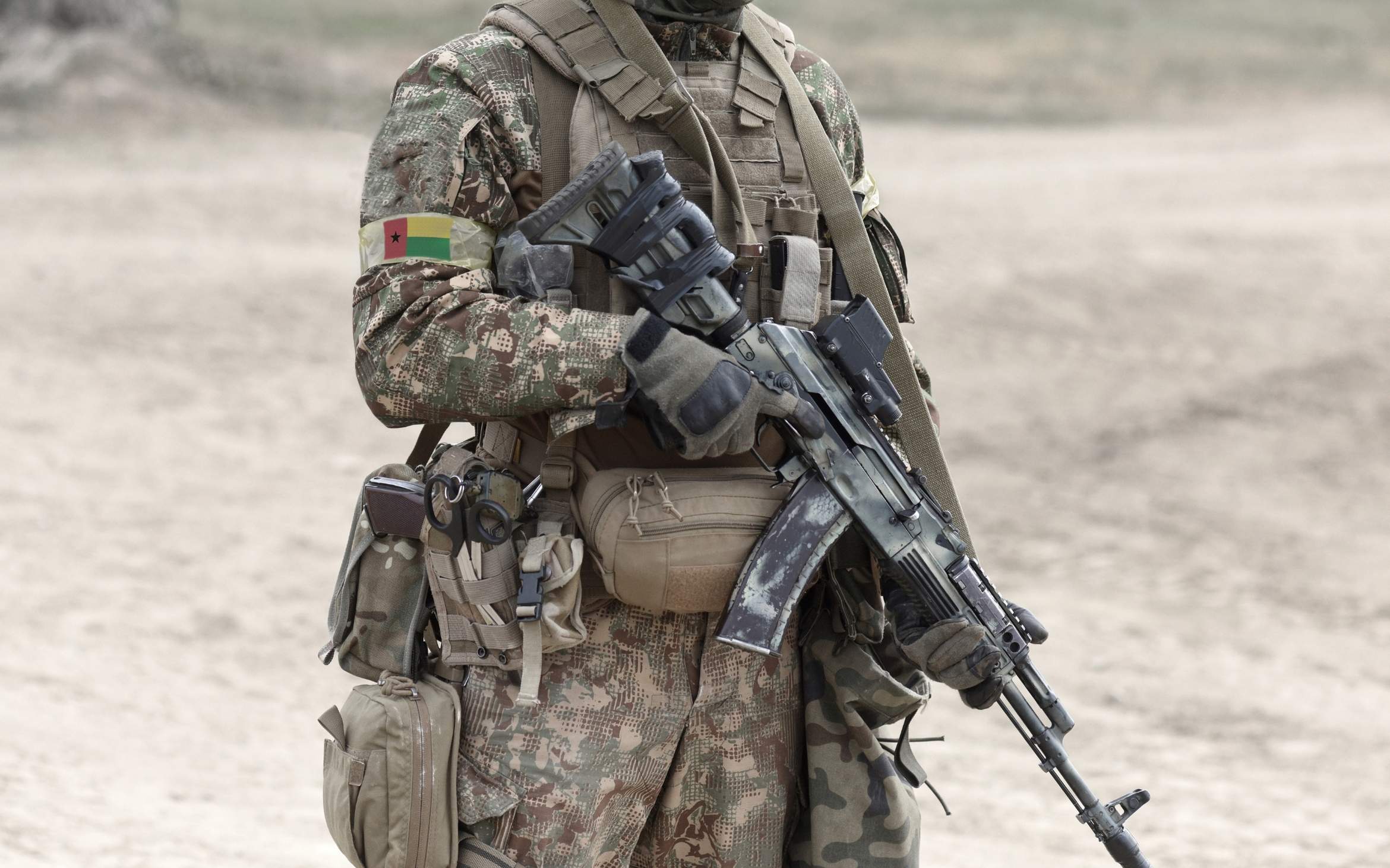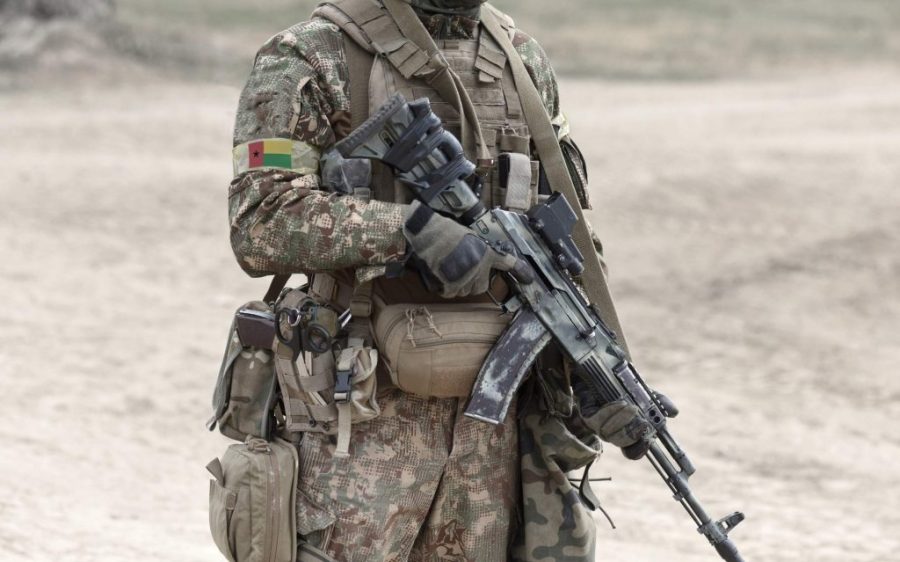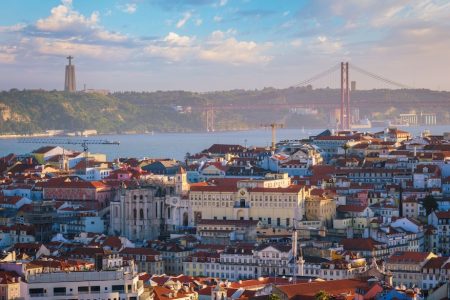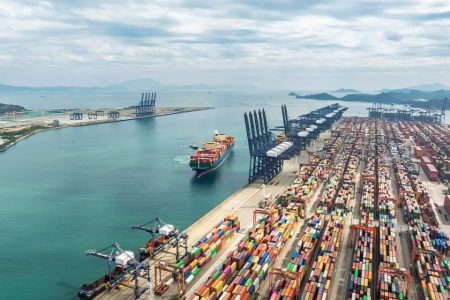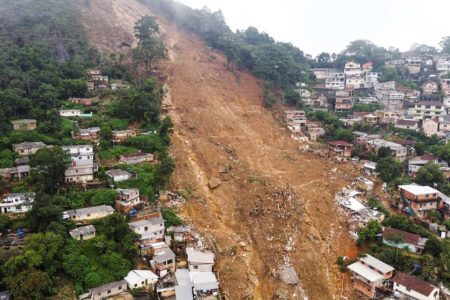A group of military officers claim they have “total control” of Guinea-Bissau, seizing power a day ahead of the expected announcement of results in the controversial presidential election, according to multiple media reports.
In a statement read on state television, Brigadier General Denis N’Canha, head of the presidential guard and leader of the coup, said they had deposed President Umaro Sissoco Embaló and closed all institutions “until further orders.”
The group suspended all media activities, “immediately” halted the ongoing electoral process, closed all borders and imposed a nightly curfew until further notice. Al Jazeera’s Nicolas Haque, in neighbouring Senegal, reported that the military was also trying to cut off the internet.
N’Canha said they had formed the “High Military Command for the Restoration of Order” and would be in charge of the country until further notice, urging citizens to remain calm and cooperate.
They framed the coup as a reaction to “the discovery of an ongoing plan” aimed at destabilising the country, allegedly orchestrated by national politicians, a “well-known drug baron,” nationals and foreigners, as well as attempts to manipulate election results.The officers said the state intelligence service had also uncovered a cache of weapons.
[See more: Brazil narrowly avoided a military coup in 2022, a federal report concludes]
Multiple media outlets were reporting sporadic gunfire in the capital Bissau earlier on Wednesday, placing it around noon or 1 pm local time. Embaló confirmed that he was detained shortly after in comments to Jeune Afrique, explaining that uniformed men had broken into the presidential palace around noon and arrested himself and three others. Embaló said no violence was committed against him and he believes all those detained remain in the headquarters.
An official from the presidential palace told the AP that a group of armed men tried to attack the building, leading to an exchange of gunfire with the guards. Another official with the Interior Ministry said they heard gunshots near the National Electoral Commission, confirmed by The Africa Report and Reuters, who said the shots appeared to stop by 2 pm.
A source close to presidential contender Fernando Dias de Costa and opposition party leader Domingos Simões Pereira told Jeune Afrique they had been arrested later by armed men and taken to an air base.
Analysts point to the Embalo’s efforts to centralise authority, reshape the security services and marginalise rivals like Pereira as fuelling distrust among the political class and the military. His early claims of a sweeping win, along with alleged pressure on institutions to validate that claim, appear to have triggered the revolt, they told The Africa Report.
